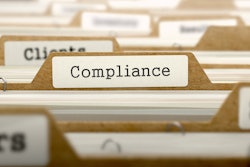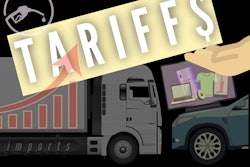
Highway’s new Q2 2025 Freight Fraud Index reports a significant rise in fraud attempts targeting freight brokers and carrier networks.
“Freight fraud isn’t just opportunistic anymore—it’s coordinated and strategic,” says Michael Grace, VP of customer risk management at Highway. “Attackers are gaining trust, mimicking legitimate behavior, and infiltrating networks through identity blind spots brokers and carriers don’t even realize exist.”
Key takeaways:
· The index reveals that in Q2, Highway flagged and blocked 495,267 fraudulent email attempts; 42,421 suspicious phone numbers; and 2,281 identity alerts.
· Compared to Q1 2025, fraudulent email attempts increased by 41%, and broker-reported identity fraud rose by 23%.
· These findings also reflect broader national trends. The National Insurance Crime Bureau (NCIB) recently reported a 27% year-over-year increase in U.S. cargo theft, with identity manipulation, email compromises, and phone-based identity fraud among the top tactics used by fraud rings.
· Key findings from the index disclose that compromised inboxes, a surge in phone-based impersonation, as well as sold motor carriers (MC) and illegitimate ownership changes are driving theft across the industry and abroad.
· Brokers are increasingly falling victim to fraudsters who hijack legitimate carrier inboxes—often targeting Gmail, Microsoft, and Yahoo accounts without multi-factor authentication (MFA).
· Once inside, attackers intercept rate confirmations, reroute payments, and impersonate dispatchers to steal freight. Recently, Microsoft SharePoint servers experienced a series of attacks, which nearly a week later, zero-day exploits were discovered with alarms activated globally. According to Eye Security, over 400 organizations have been actively compromised across four separate waves of initiated attacks. Inclusive of these organizations are Homeland Security, the Department of Energy, and Health and Human Services.
· Highway identified and blocked over 42,000 fraudulent inbound calls, a 37% increase from Q1 2025. These calls, often masquerading as real carriers, are used to solicit rate confirmations or alter contact information through impersonation.
· Fraudsters are also purchasing or acquiring MC numbers and using them to operate under the radar. In June, Highway detected a 135% spike in suspicious MC ownership changes connected to strategic cargo theft reports.
“If you don't know who you're working with, you're giving fraud a head start. Identity checks should be standard, not optional,” says Grace.



















